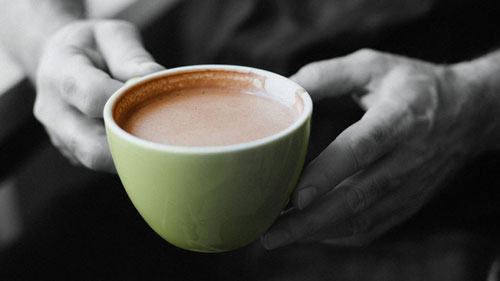STRESSFUL events — such as sitting an exam, giving a presentation, or attending a job interview — temporarily increase heart rate and blood pressure and dilate arteries.
This is a normal part of the body’s “fight-or-flight” response, but the lining of blood vessels, known as the endothelium, can take up to 90 minutes to recover after this kind of stress.
This may help to explain why a single episode of stress temporarily increases the risk of an acute cardiovascular event, such as a heart attack.
On the other hand, experts know that eating a diet rich in fruits and vegetables reduces a person’s risk of cardiovascular disease, heart attacks, and cardiovascular mortality.
Among the healthy nutrients found in fruits and vegetables are polyphenolic compounds known as flavanols. In the long term, these improve endothelial function and lower blood pressure.
The effects of flavanols during stress and in its immediate aftermath are unknown, however.
Scientists at the University of Birmingham in the United Kingdom have conducted the first study to investigate this question.
Their research suggests that drinking cocoa, which is rich in flavanols, in the hours before a stressful event can improve blood flow during the experience and help restore endothelial function in males aged under 45 years old afterward.
“Our findings are significant for everyday diet, given that the daily dosage administered could be achieved by consuming a variety of foods rich in flavanols — particularly apples, black grapes, blackberries, cherries, raspberries, pears, pulses, green tea, and unprocessed cocoa,” says senior author Dr. Catarina Rendeiro, Ph.D., of the university’s School of Sport, Exercise and Rehabilitation Sciences.
“This has important implications for measures to protect the blood vessels of those individuals who are more vulnerable to the effects of mental stress,” she adds.
The research, conducted by postgraduate student Rosalind Baynham, appears in the journal Nutrients.
The scientists recruited 30 healthy males between 18 and 45 years who underwent tests at the lab on two separate occasions at least 7 days apart.
The research involved them fasting for 12 hours before each session and abstaining from alcohol, vigorous exercise, and polyphenol-rich food and drink for 24 hours beforehand.









